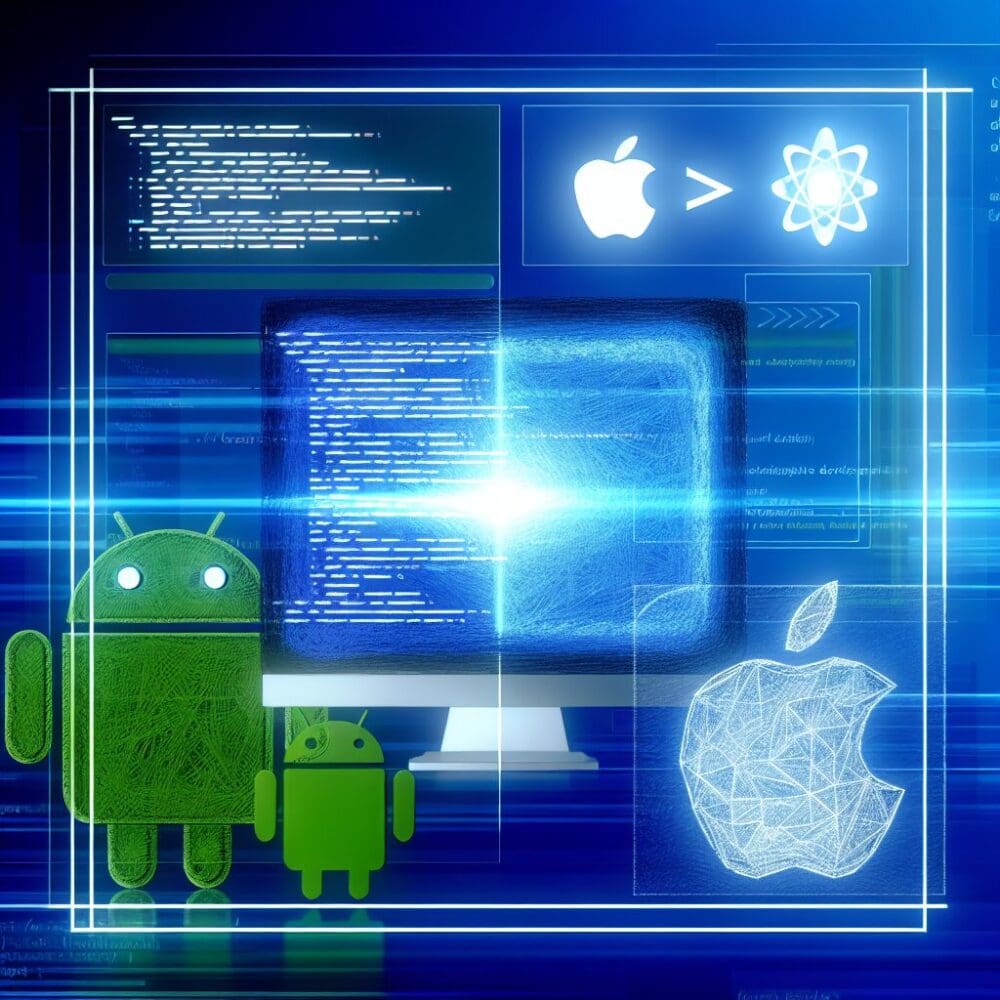Flutter App Development: Seamless Android, iOS, and Beyond Solutions
The Rise of Flutter in Mobile App Development
Flutter has gained remarkable popularity in recent years as a comprehensive solution for developing mobile apps. This open-source framework, created by Google, allows developers to build natively compiled applications for mobile, web, and desktop from a single codebase. The unique capabilities and seamless integration of Flutter are transforming the landscape of app development, offering numerous benefits for businesses and developers alike.
Why Flutter is a Game-Changer
Flutter’s power lies in its ability to deliver cohesive, visually appealing, and high-performance applications across multiple platforms. Here are some key reasons why Flutter is a game-changer in the realm of app development:
- Cross-Platform Solution: Flutter enables developers to create apps for Android, iOS, and web platforms using a single codebase. This drastically reduces development time and costs.
- Faster Development: Flutter’s hot reload feature allows developers to see changes in real-time without having to restart the entire application. This accelerates the development process significantly.
- High Performance: Flutter apps offer excellent performance, nearly comparable to native apps, owing to its efficient rendering engine and direct compilation to native code.
- Customizable Widgets: Flutter provides a rich library of highly customizable widgets, giving developers the flexibility to create visually stunning applications.
- Strong Community and Support: Backed by Google and a vibrant community, Flutter has extensive resources and community support available for developers.
Benefits for Businesses
Companies are increasingly opting for Flutter for several business advantages:
- Reduced Costs: With a single codebase for multiple platforms, businesses save on development and maintenance costs.
- Time Efficiency: Faster development and deployment reduce time-to-market, allowing businesses to respond to market needs quickly.
- Consistent User Experience: Flutter ensures consistent visual and performance quality across platforms, enhancing user satisfaction.
- Future-Proofing: Regular updates and innovations from Google ensure that Flutter continues to evolve and support modern development needs.
How Flutter Works
Understanding the mechanics behind Flutter can provide a deeper appreciation of its capabilities. Flutter uses the Dart programming language, which is also developed by Google. Dart’s expressive and easy-to-learn syntax makes it ideal for both experienced and novice developers.
Architecture of Flutter
Flutter’s architecture consists of three primary layers:
- Framework: This includes a rich set of pre-designed widgets, where the UI is constructed using customizable components.
- Engine: The engine, implemented in C++, provides low-level rendering support using Google’s Skia graphics library. It also handles input, output, and interactivity.
- Embedder: The embedder works with native platforms to integrate the Flutter app and manage its lifecycle.
Getting Started with Flutter Development
Initiating Flutter development is straightforward, thanks to its well-documented resources and ready-to-use tools.
Setup and Installation
To get started with Flutter, follow these steps:
- Download and install the Flutter SDK from the official Flutter website.
- Install an IDE with Flutter support, such as Visual Studio Code or Android Studio.
- Set up a simulator or emulator for testing on your target platforms.
Building Your First Flutter App
Once your setup is complete, building your first Flutter app is a breeze:
- Create a new Flutter project using the command line: `flutter create project_name`.
- Open the project in your IDE and navigate to the `lib` directory.
- Edit `main.dart` to start designing your app’s interface with the available widgets.
- Use the hot reload feature to see real-time changes as you code.
- Run the app on your simulator/emulator or connected device.
Case Studies: Success Stories
Several prominent applications have been developed using Flutter, proving its effectiveness and versatility:
- Google Ads: The mobile app for Google Ads, utilized by millions, is developed using Flutter for consistent performance across devices.
- Alibaba: The e-commerce giant uses Flutter to provide a seamless shopping experience across its platforms.
- Reflectly: This mindfulness app leverages Flutter’s beautiful UI capabilities for an engaging user experience.
The Future of Flutter
Flutter is continually evolving with new features and improvements. Some future prospects include:
- Expanded Web and Desktop Support: As Flutter continues to mature, it is expected to offer even more robust support for building web and desktop applications.
- Improved Tooling: Ongoing updates will bring refined tooling options, simplifying the development process further.
- Enhanced Performance: Continuous enhancements in performance will push Flutter closer to native application speeds.
In conclusion, Flutter is a revolutionary tool in the world of app development, offering a harmonious blend of efficiency, flexibility, and performance. Its cross-platform capabilities, coupled with its robust community support, make it an excellent choice for developers and businesses aiming to create top-tier mobile, web, and desktop applications.




